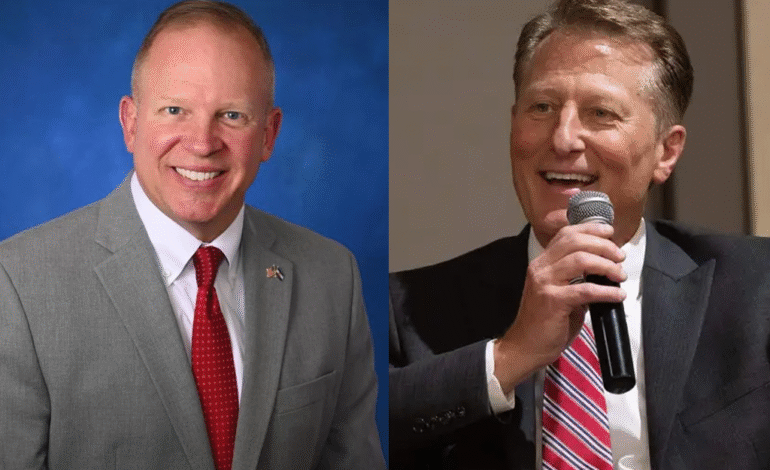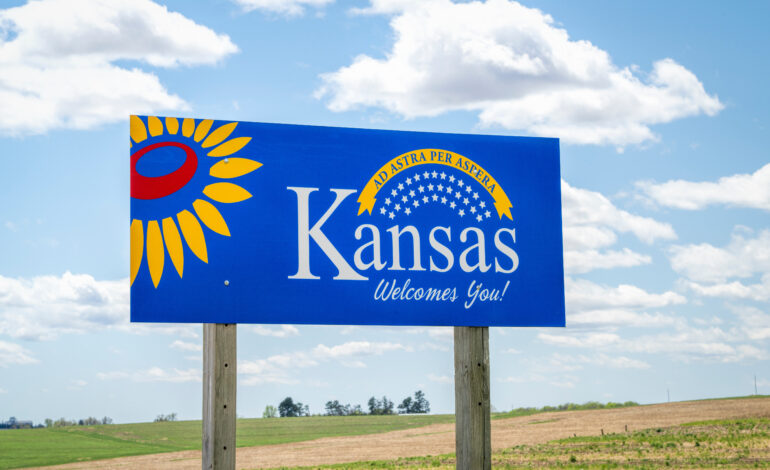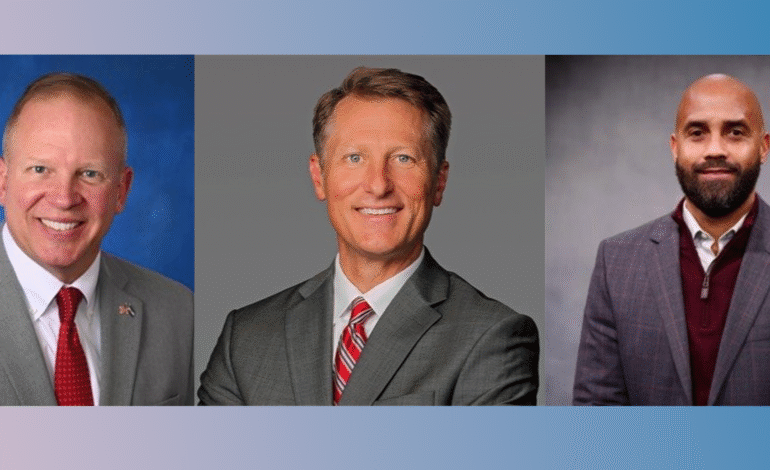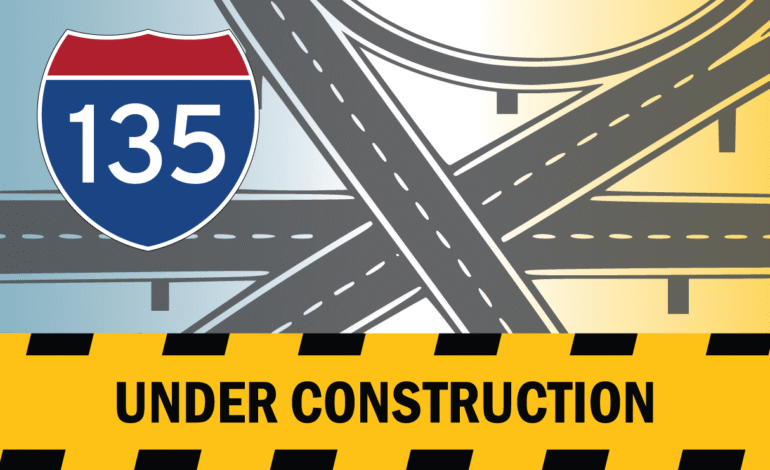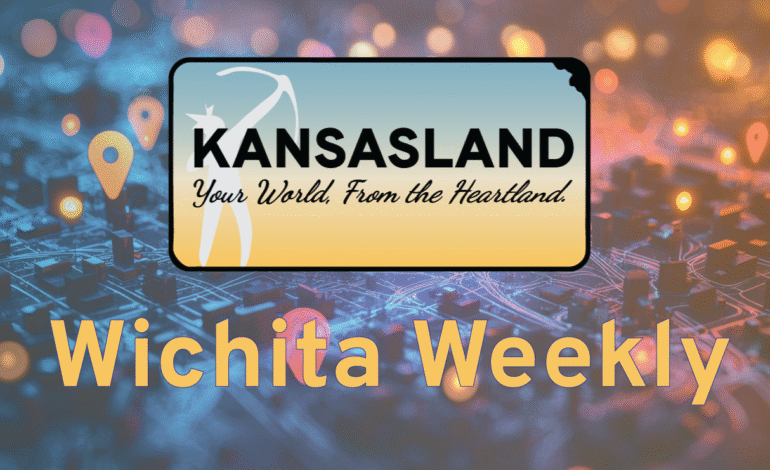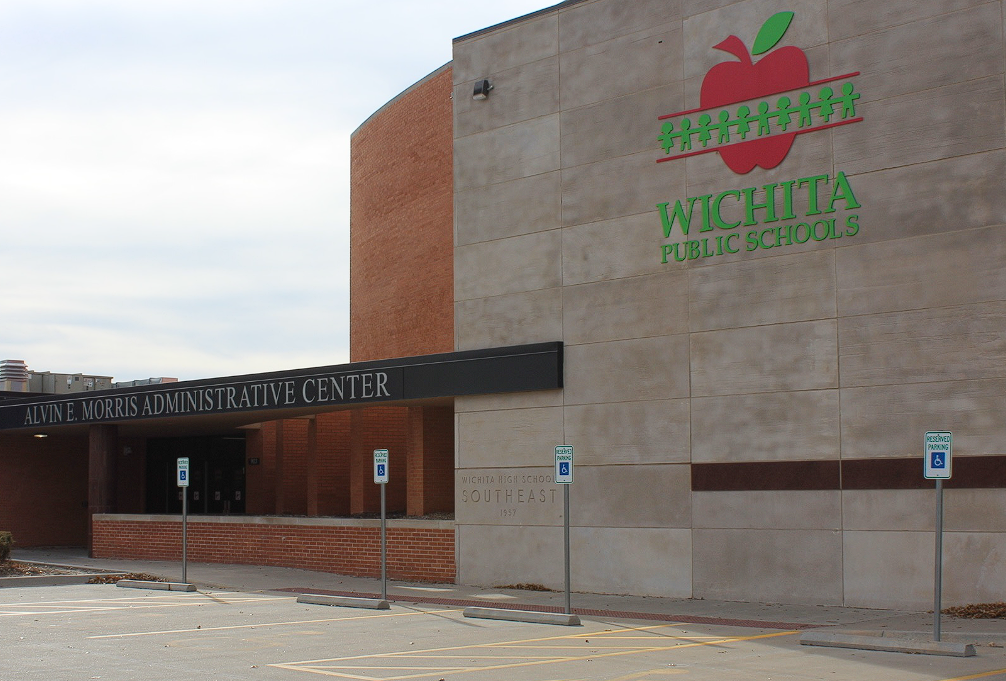
$43 Million Federal Funding Freeze Threatens Key Programs for Kansas Schools, Wichita Hit Hard
Kansas schools, including those in Wichita, are grappling with the abrupt and indefinite delay of nearly $43 million in federal grant funding. This decision, part of a broader, nationwide freeze
Kansas schools, including those in Wichita, are grappling with the abrupt and indefinite delay of nearly $43 million in federal grant funding. This decision, part of a broader, nationwide freeze by the Trump administration on almost $7 billion in education funding, is poised to create significant disruptions and financial challenges across the state’s education system, with a disproportionate impact on its most vulnerable student populations.
The Context: A Sudden Halt to Expected Funds
On July 8, 2025, school districts across Kansas were notified by the U.S. Department of Education that various federal “title” funds, which they rely on for crucial services, would be paused. This unexpected move comes as part of the administration’s stated effort to “crack down on schools that it says are promoting ‘a radical left-wing agenda,'” with the Office of Management and Budget (OMB) citing initial reviews that some grant money was used to support immigrants “in the country illegally” and promote LGBTQ+ inclusion.
Kansas Education Commissioner Randy Watson informed state school board members of the freeze, emphasizing the uncertainty of whether these funds will ever be released. Governor Laura Kelly expressed her shock, stating, “This cut harms Kansas schools and students, particularly in our rural areas. Kansas teachers should be focused on preparing for the upcoming school year instead of being forced to navigate this unwarranted cut to funding.”
This isn’t the first time Kansas schools have faced funding challenges. The state has a long, documented history of court battles over the adequacy and equitable distribution of school funding, dating back decades. While those previous battles primarily concerned state-level funding obligations, this latest freeze originates from federal sources, adding another layer of complexity to already strained budgets.
The Current Crisis: Direct Impacts on Wichita and Beyond
Wichita Public Schools (WPS) alone is facing a pause of more than $6.3 million in expected federal funds for the 2025-2026 school year. This money is critical for delivering essential services to qualifying students.
Specific programs directly impacted by this funding freeze in Wichita and across Kansas include:
- Title I Part C (Migrant Education): Approximately $293,000 for WPS, these funds ensure educational access and support for students and families who move to the district for work in the agriculture industry. This cut disproportionately affects vulnerable migrant communities.
- Title IIA and IVA (Teacher Development & Enrichment): WPS stands to lose nearly $3.7 million in these funds. These are vital for enhancing teaching quality through instructional coaching, professional development, and other teacher support initiatives. This could jeopardize efforts to recruit and retain teachers, particularly in high-need areas.
- Title III (English Language Learners): Over $1 million ($1,026,022) is paused for WPS from Title III. These funds are specifically designed to teach English language learners and provide critical supports for multilingual families, who often represent some of the most underserved student subgroups.
- Title IVB (21st Century STEALTH after-school programs): WPS is losing nearly $550,000 intended for after-school enrichment and extended learning opportunities. Such programs are crucial for student achievement and provide safe, supervised environments for students from low-income families.
Kansas City, Kansas Public Schools, another highly diverse and often underserved district, is poised to lose approximately $4.9 million, much of which was already committed to staff salaries and benefits.
Melanie Haas, a state school board member, underscored the severity of the situation: “It’s a disproportionate hit on a lot of communities that are underserved and a lot of subgroups that are underserved.”
What This Means for the Future: Uncertainty and Hard Choices
The most immediate future implication is the uncertainty. Districts like WPS intend to use reserve funds to cover full-time equivalency (FTE) salaries associated with the affected programs, but they are holding off on non-salary expenses until more information becomes available. This suggests that while core personnel might be retained for now, resources for materials, new initiatives, and general program enhancements will be severely curtailed.
Should the funds be permanently withheld, the long-term implications are dire:
- Deterioration of Support for Vulnerable Students: The most direct impact will be on students from low-income families, English language learners, students with disabilities, and migrant students, who rely heavily on these federal funds for specialized support and equitable access to education.
- Teacher Recruitment and Retention Challenges: Reduced funding for teacher training and professional development could exacerbate existing teacher shortages and make it harder to attract and keep qualified educators in Kansas classrooms.
- Program Eliminations: Without these federal grants, districts may be forced to eliminate or significantly scale back vital after-school programs, enrichment activities, and specialized instructional support.
- Increased Local Burden: If federal funds are not restored, the financial burden may shift to local taxpayers or lead to further cuts in other areas of school operations.
- Disrupted Planning: School districts plan their budgets and staffing years in advance. This abrupt freeze throws future planning into disarray, making it challenging to commit to long-term strategies for student success.
Governor Kelly has urged Kansas legislative leadership to use their influence to protect critical areas like STEM education, career counseling, and after-school programs. The coming months will be critical as school districts navigate this unprecedented federal funding freeze and its potential for lasting consequences on the quality and accessibility of education for thousands of Kansas students.



